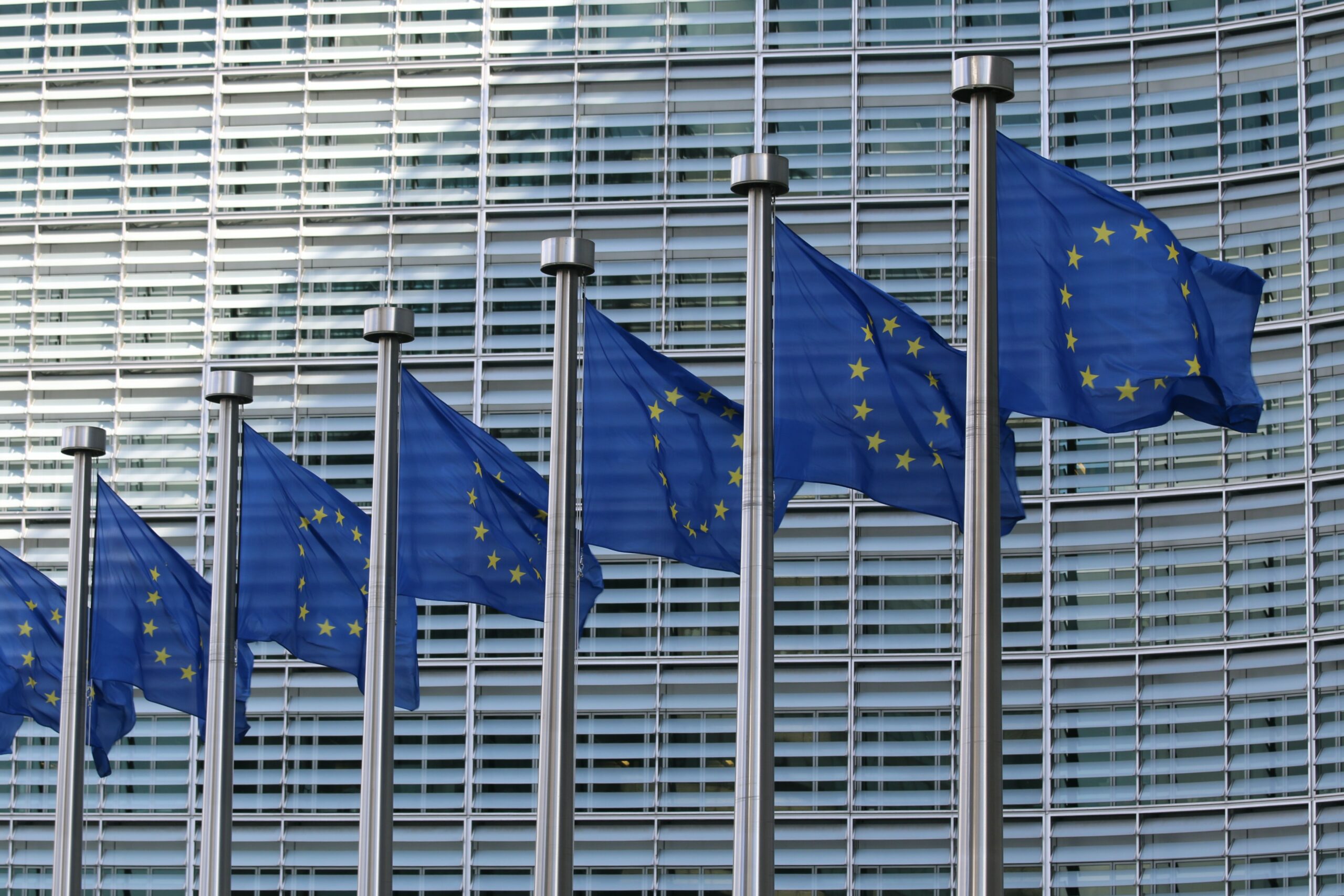Fusion in EU Net Zero Industry Act
On November 21, the European Parliament adopted its position on the Net Zero Industry Act (NZIA), amending the initial proposal of the Commission to include “fusion energy technologies” among the net-zero technologies in their aims to boost decarbonization efforts in Europe. The Act sets a target for Europe to produce 40% of its annual deployment needs in net-zero technologies by 2030, to capture 25% of the global market value for these technologies, and to address challenges in scaling up these technologies’ manufacturing capacities.
By including fusion energy as a net-zero technology outlined in the report under Article 3a, the European Parliament’s approach would enhance the possibilities of more funding opportunities for fusion development, including through the Strategic Technologies for European Platform (STEP), currently under negotiation in Brussels.
“The net-zero technologies within the scope of this Regulation shall be… nuclear fission and fusion energy technologies, including nuclear fuel cycle
Article 3a, Consolidated Comprormise Amendment on Net Zero Industry Act (Tabled by EPP, SD, and RE)
technologies; (RE 1528 )…”
The inclusion of fusion energy, and differentiated from nuclear fission, is a significant step and sends a clear message to other institutions that the European Parliament views fusion energy as an important decarbonizing energy source.
About the Net Zero Industry Act (NZIA) legislation process:
The European Commission put forward the Net Zero Industry Act (NZIA) proposal in March 2023, in order to establish a framework of measures to determine which technologies can be considered “net-zero” and contribute to the decarbonization of European industry. The proposal was then sent to the two EU co-legislators, the Council of the EU and the European Parliament (EP). The European Parliament referred the proposal to the Committee on Industry, Research and Energy (ITRE). Rapporteur MEP Christian Ehler (Germany, EPP) drafted a first report of the Commission’s proposal and presented amendments to the initial text. The ITRE Committee then voted on the draft report in October. The European Parliament adopted its official negotiating position on November 21, which now kicks off a period of inter-institutional negotiations with the Council and the Commission. The Council has not yet published its negotiating position, but it is expected in the next few weeks.
A final compromise text will be agreed between the Parliament and the Council, likely before the end of the current mandate (by April 2024).
This page will be updated as the legislative process develops.

